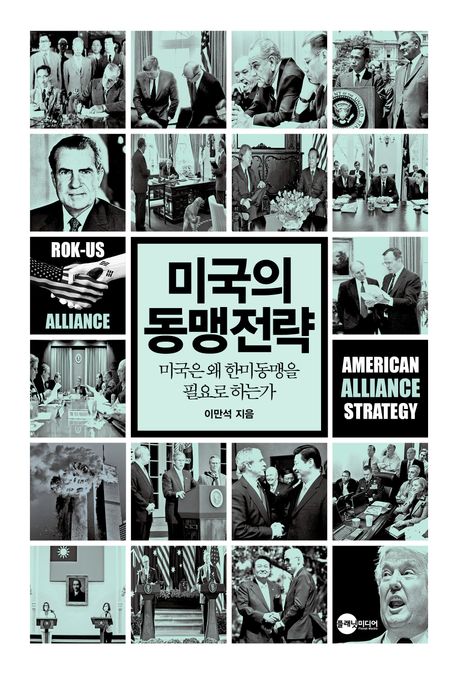
단행본
Asia, America, and the transformation of geopolitics
- 발행사항
- New York: [Santa Monica, Calif.]: Cambridge University Press, RAND Corp. 2008
- 형태사항
- xl, 322 p. : ill. ; 24cm
- ISBN
- 9780521720236
- 청구기호
- 349.11042 O96a
- 서지주기
- Includes bibliographical references (p. 307-315) and index
- 내용주기
- Introduction: The inertia of foreign policies -- Cold War assumptions and changing realities -- Regional trends -- Asia's big powers : Japan and China -- Smaller places, decisive pivots : Taiwan, Korea, Southeast Asia -- The aspiring power and its near abroad : India and South Asia -- Russia and its near abroad -- The United States and the new Asia -- Scenarios for the future -- Conclusion
소장정보
| 위치 | 등록번호 | 청구기호 / 출력 | 상태 | 반납예정일 |
|---|---|---|---|---|
이용 가능 (1) | ||||
| 1자료실 | 00013847 | 대출가능 | - | |
이용 가능 (1)
- 등록번호
- 00013847
- 상태/반납예정일
- 대출가능
- -
- 위치/청구기호(출력)
- 1자료실
책 소개
American security and prosperity now depend on Asia. William H. Overholt offers an iconoclastic analysis of developments in each major Asian country, Asian international relations, and US foreign policy. Drawing on decades of political and business experience, he argues that obsolete Cold War attitudes tie the US increasingly to an otherwise isolated Japan and obscure the reality that a US-Chinese bicondominium now manages most Asian issues. Military priorities risk polarizing the region unnecessarily, weaken the economic relationships that engendered American preeminence, and ironically enhance Chinese influence. As a result, US influence in Asia is declining. Overholt disputes the argument that democracy promotion will lead to superior development and peace, and forecasts a new era in which Asian geopolitics could take a drastically different shape. Covering Japan, China, Russia, Central Asia, India, Pakistan, Korea, and South-East Asia, Overholt offers invaluable insights for scholars, policy-makers, business people, and general readers.
A provocative account of the state of Asian geopolitics and US foreign policy in Asia.
A provocative account of the state of Asian geopolitics and US foreign policy in Asia.
목차
Introduction: The inertia of foreign policies -- Cold War assumptions and changing realities -- Regional trends -- Asia''s big powers : Japan and China -- Smaller places, decisive pivots : Taiwan, Korea, Southeast Asia -- The aspiring power and its near abroad : India and South Asia -- Russia and its near abroad -- The United States and the new Asia -- Scenarios for the future -- Conclusion.




